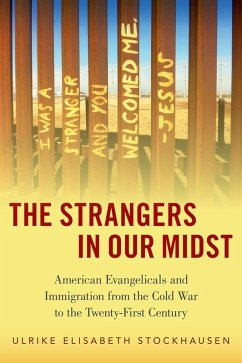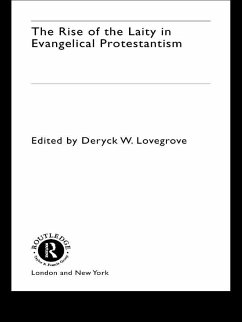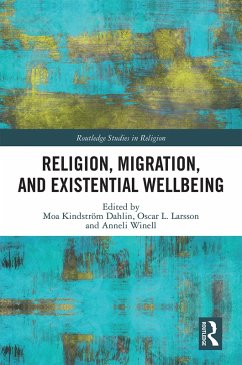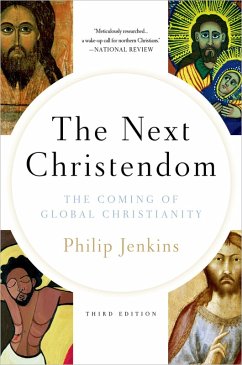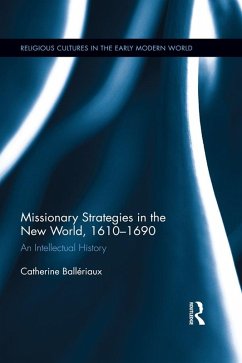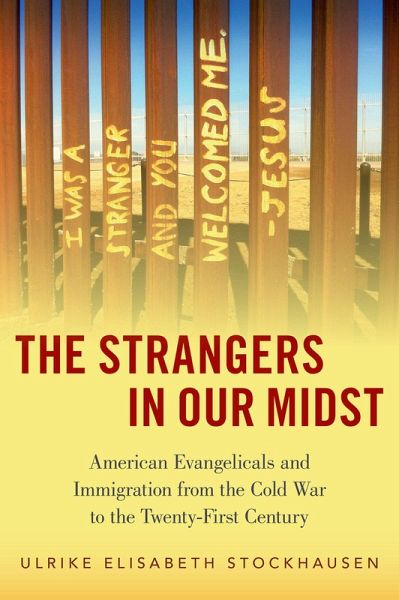
The Strangers in Our Midst (eBook, ePUB)
American Evangelicals and Immigration from the Cold War to the Twenty-First Century
Versandkostenfrei!
Sofort per Download lieferbar
39,95 €
inkl. MwSt.
Weitere Ausgaben:

PAYBACK Punkte
20 °P sammeln!
Evangelical Christians in the United States today are known for their hard-line, restrictive approach to immigration and refugees. This book shows that this has not always been the case and is, in fact, a relatively new position. The history of evangelical involvement with refugees and immigrants has been overlooked in the current debate. Since the early 1960s, evangelical Christians have been integral players in US immigration and refugee policy. Motivated by biblical teachings to welcome the stranger, they have helped tens of thousands of newcomers by acting as refugee sponsors or providing ...
Evangelical Christians in the United States today are known for their hard-line, restrictive approach to immigration and refugees. This book shows that this has not always been the case and is, in fact, a relatively new position. The history of evangelical involvement with refugees and immigrants has been overlooked in the current debate. Since the early 1960s, evangelical Christians have been integral players in US immigration and refugee policy. Motivated by biblical teachings to welcome the stranger, they have helped tens of thousands of newcomers by acting as refugee sponsors or providing legalization assistance to undocumented immigrants. Until the 1990s, many evangelicals did not distinguish between documented and undocumented newcomers all were to be loved and welcomed. In the last decade of the twentieth century, however, a growing anti-immigrant consensus in American society grew alongside evangelicals' political alignment with the Republican Party, leading to a rethinking of their theology. Following the GOP's lead, evangelicals increasingly emphasized the need to obey American law, which many argued undocumented immigrants failed to do. Today, the evangelical movement is more divided than ever about immigration policy. While conservative evangelicals are often immigration hard-liners, many progressive and Latinx evangelicals hope to convince their fellow evangelicals to take a more welcoming approach. The Strangers in Our Midst argues that the key to understanding evangelicals' divided approaches to immigration is to look at both their theology and their politics. Both of which have shaped howand especially to whomthey extend their biblical values of hospitality.
Dieser Download kann aus rechtlichen Gründen nur mit Rechnungsadresse in A, B, BG, CY, CZ, D, DK, EW, E, FIN, F, GR, HR, H, IRL, I, LT, L, LR, M, NL, PL, P, R, S, SLO, SK ausgeliefert werden.




